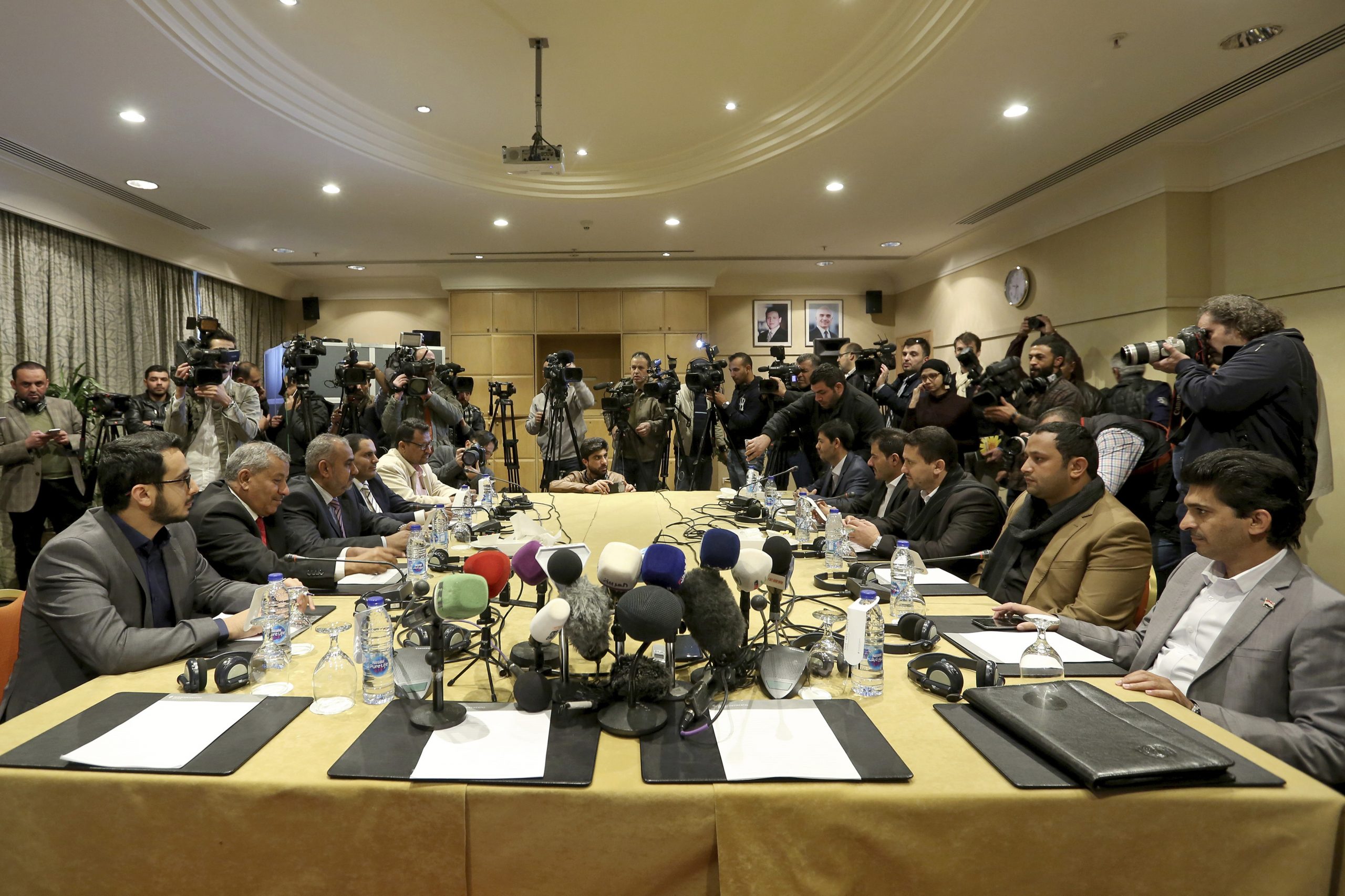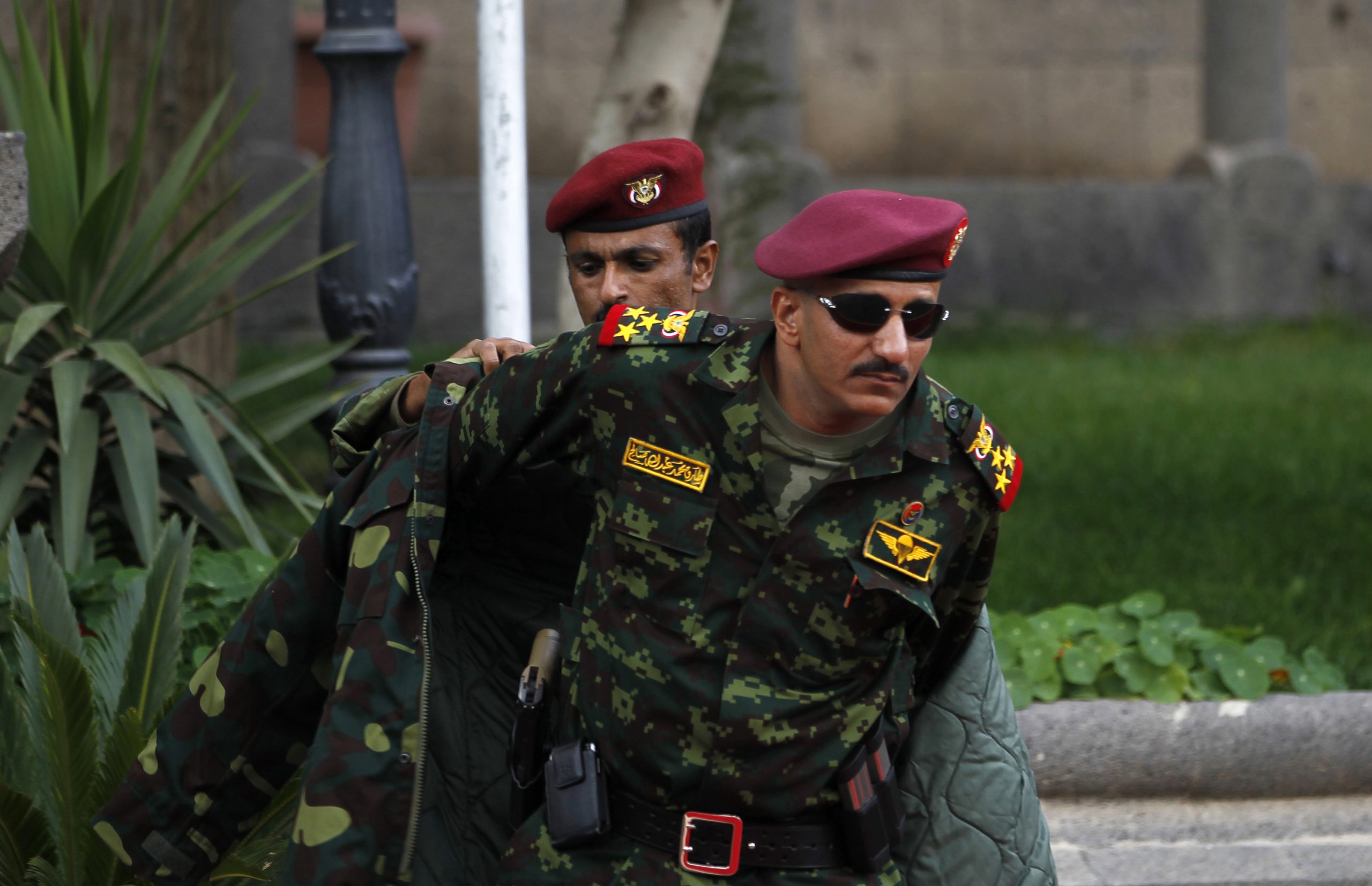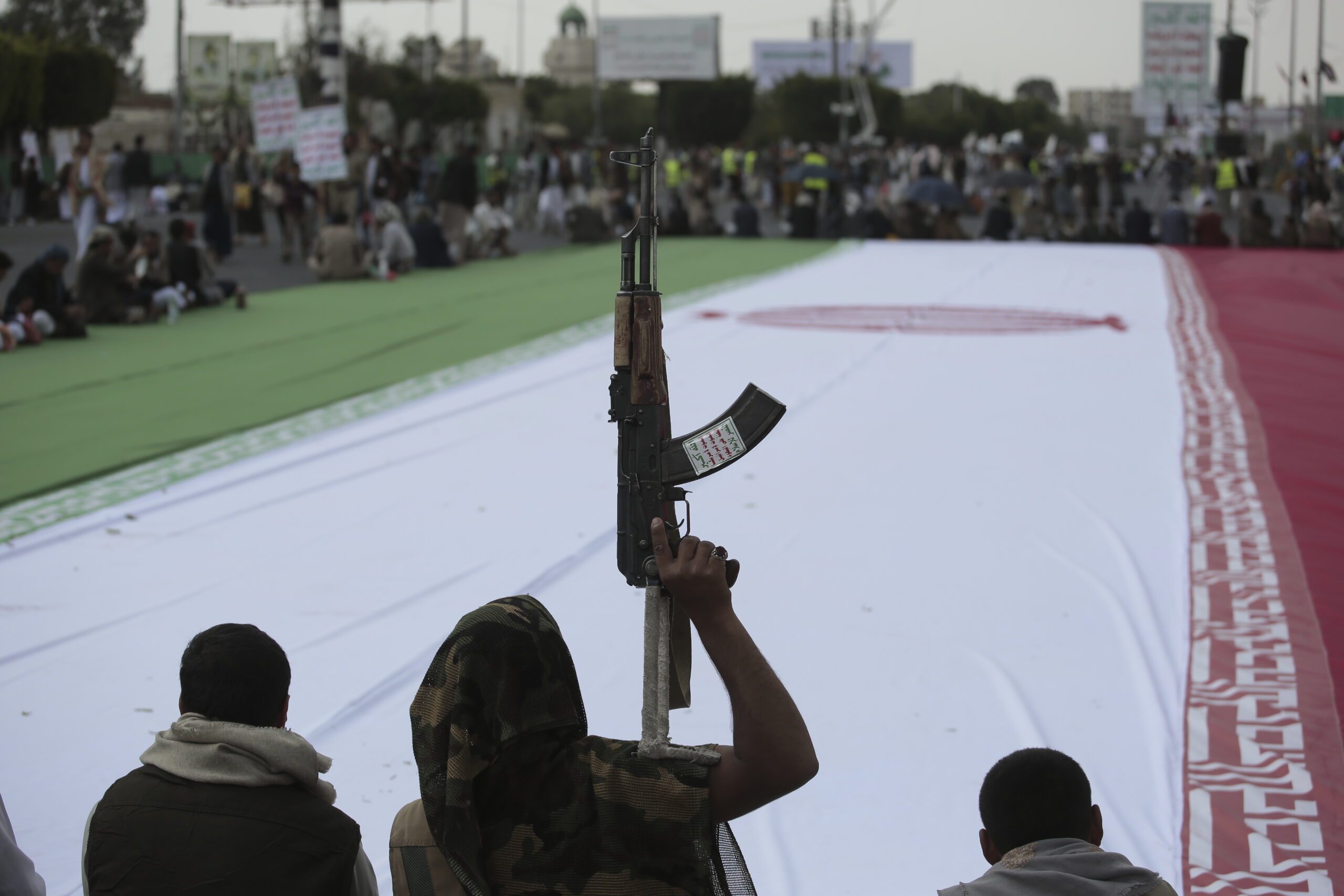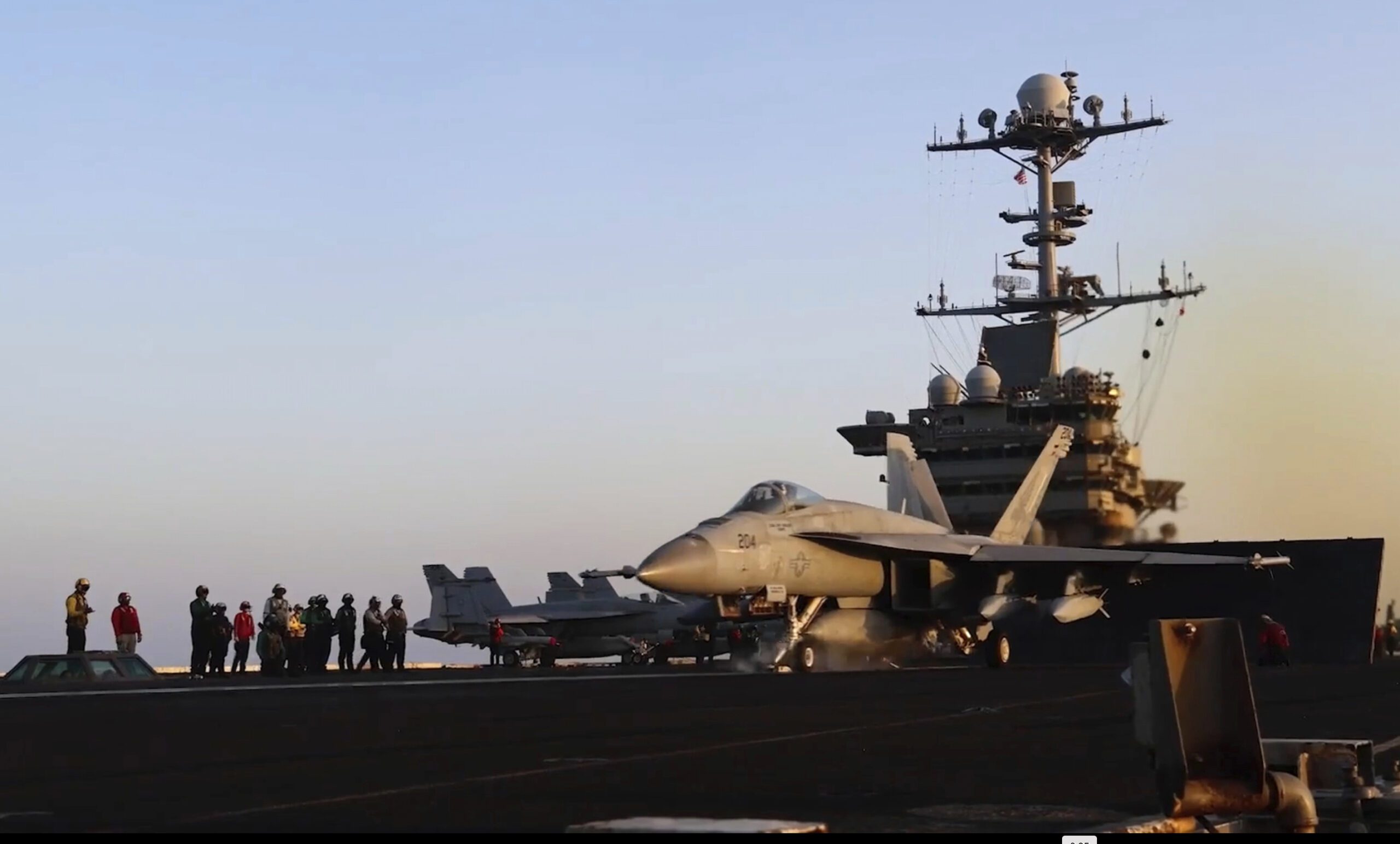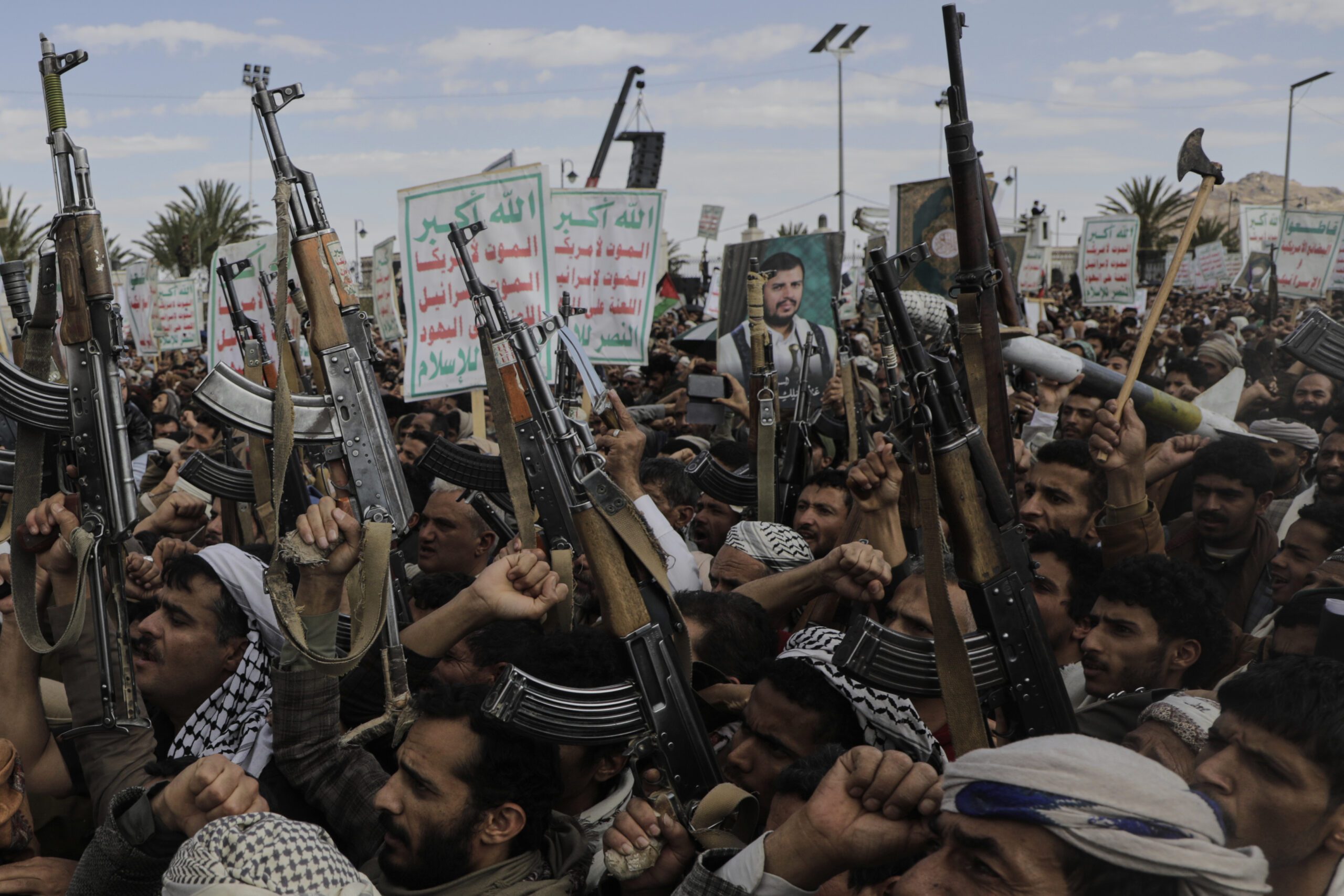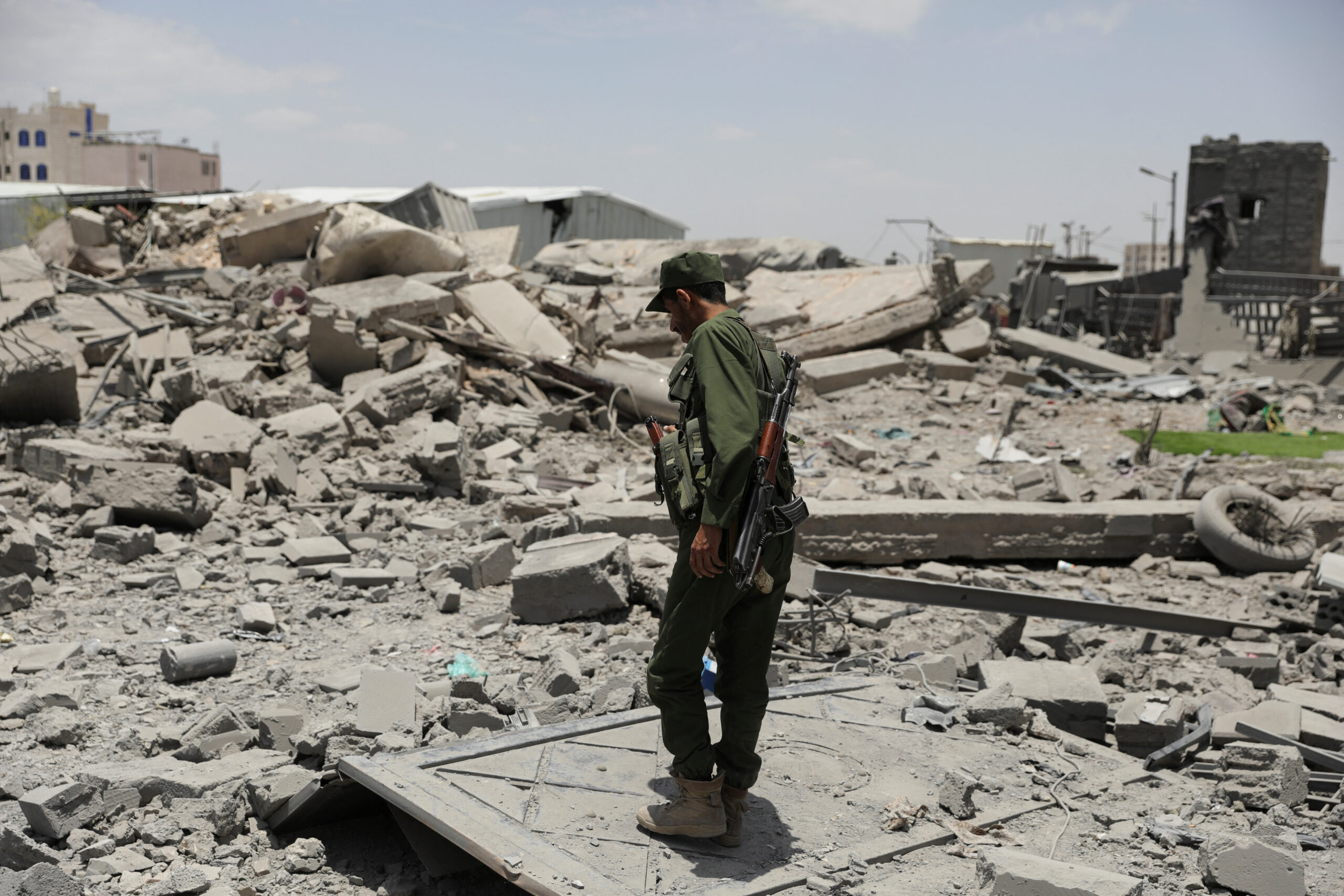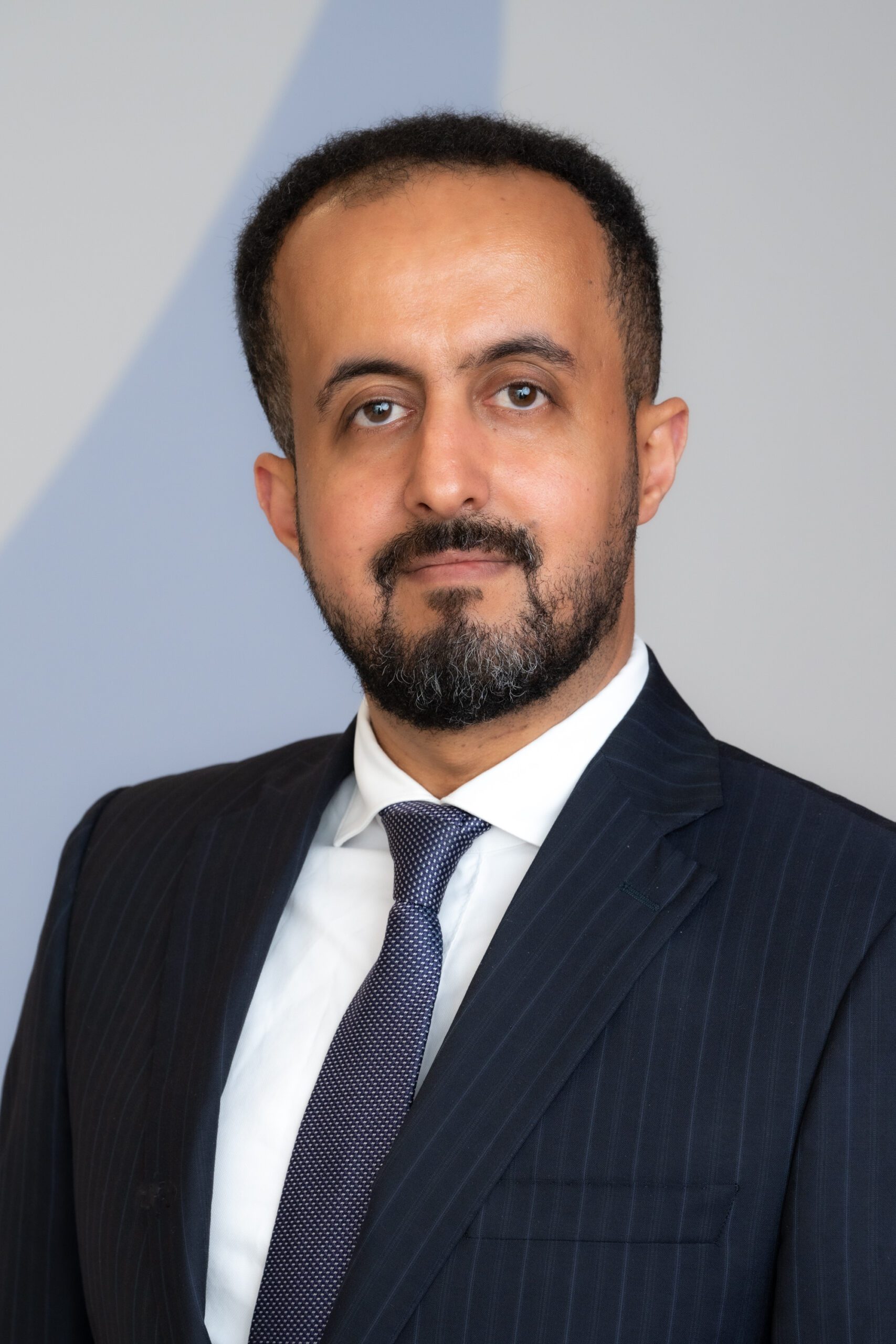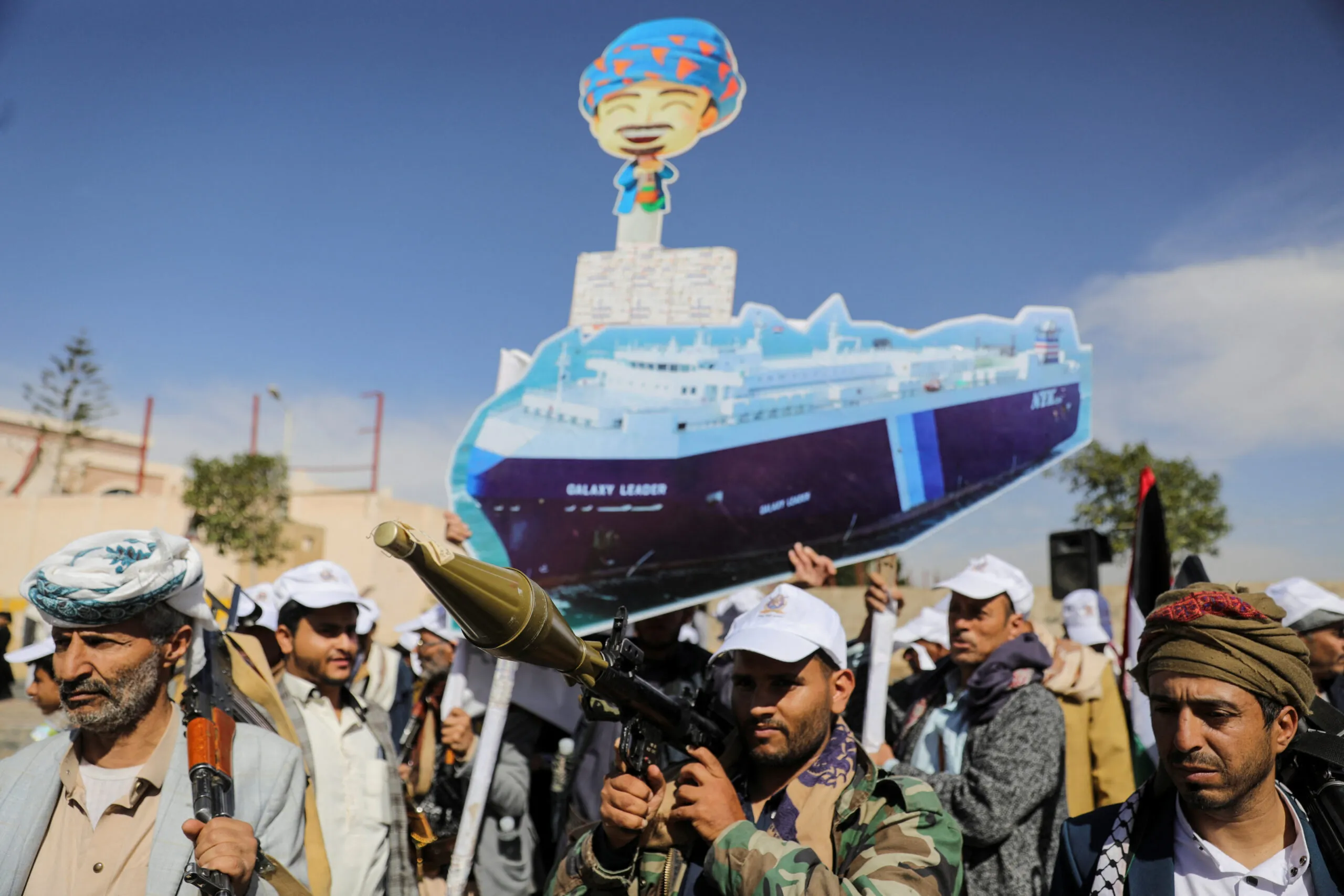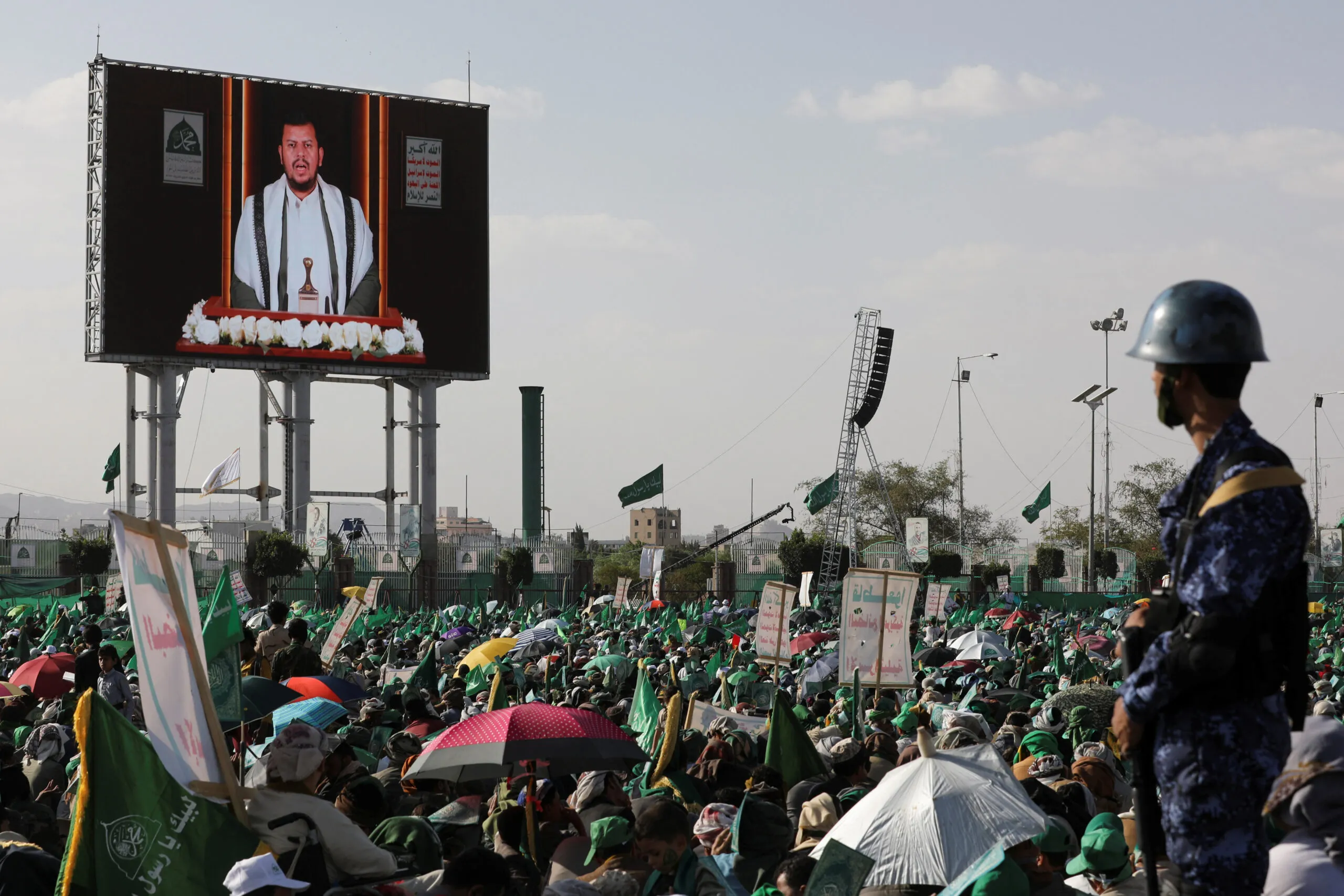Seven Yemens: How Yemen Fractured and Collapsed, and What Comes Next
Yemen’s fragmentation will have severe repercussions for U.S. foreign policy, regional stability, and, ultimately, international security.
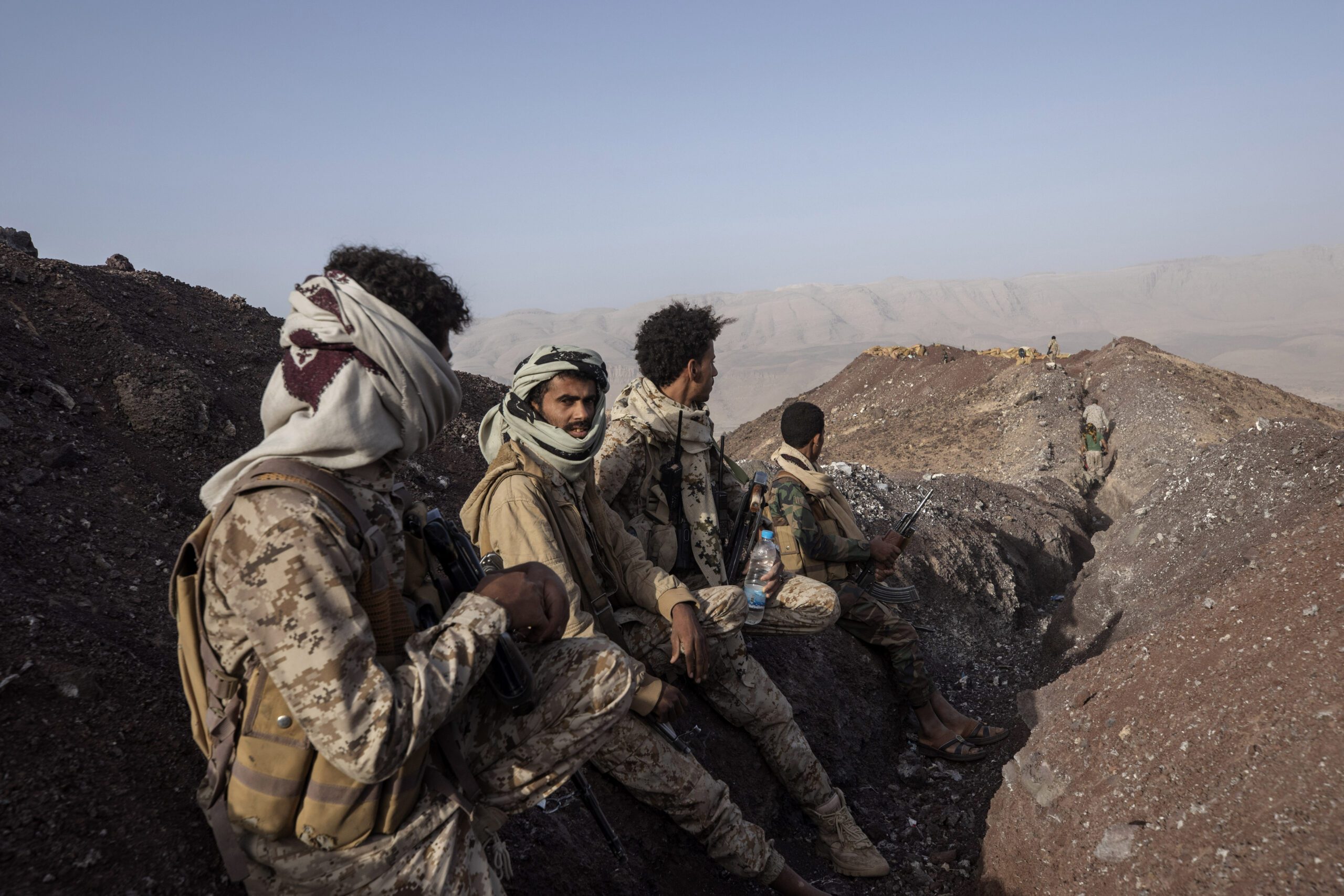
Executive Summary
After seven years of war, a unified Yemeni state no longer exists. President Abd Rabbu Mansour Hadi is in exile. His capital of Sanaa is held by the Houthis, and his temporary capital of Aden is under the control of the secessionist-minded Southern Transitional Council. Yemen’s economy is broken and in the midst of a devastating currency crisis, which has left much of the country dependent on outside aid to survive. Dueling central banks in Sanaa and Aden have led to divergent exchange rates with the Yemeni rial trading, most recently, at 600 rials to $1 in Sanaa and 1,100 rials to $1 in Aden. Prior to the fighting the exchange rate across the country was 250 rials to $1.
What is often described as the war in Yemen is actually three separate but overlapping wars: a U.S.-led war against terrorism, a regional war pitting Saudi Arabia against what it sees as an Iranian proxy, and a local civil war. These three wars have fragmented Yemen into seven pieces, which are held by different armed groups. None of these armed groups are strong enough to force all the other actors in the country to submit to their will, but nearly all of them have enough military strength to act as a spoiler to any deal they believe does not adequately address their goals. And, the longer the fighting lasts, the more armed groups emerge, even as Yemen’s economic resources continue to shrink. More armed groups competing over a smaller economic pie is not a recipe for a lasting or durable peace.
Yemen will not be reconstituted as a single state, nor is it likely to revert to the pre-1990 North-South division. Instead, the reality is likely to be much messier with various warlords and armed groups holding sway in different parts of the country. The United States and other international actors will have to navigate a broken Yemen to deal with issues such as counterterrorism, freedom of navigation through the Red Sea corridor, and a growing humanitarian crisis that is unlikely to remain contained within Yemen.
The views represented herein are the author's or speaker's own and do not necessarily reflect the views of AGSI, its staff, or its board of directors.


